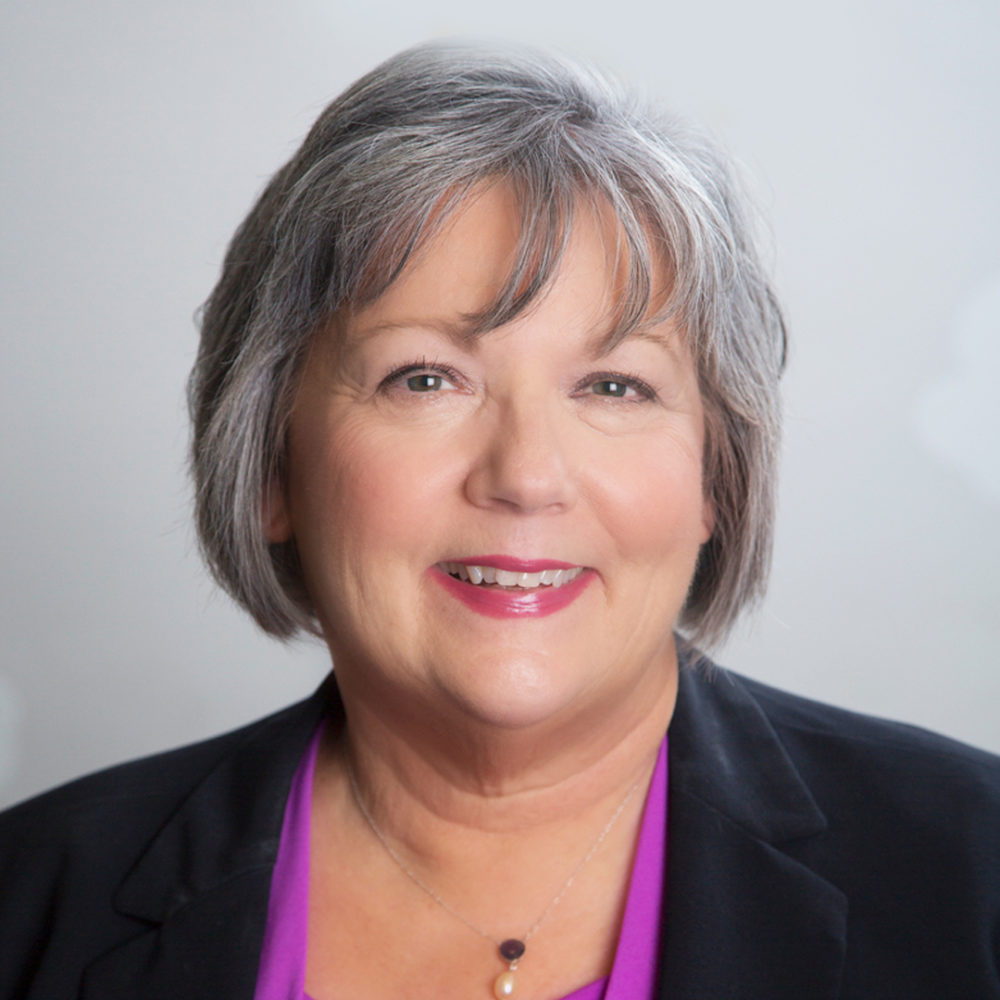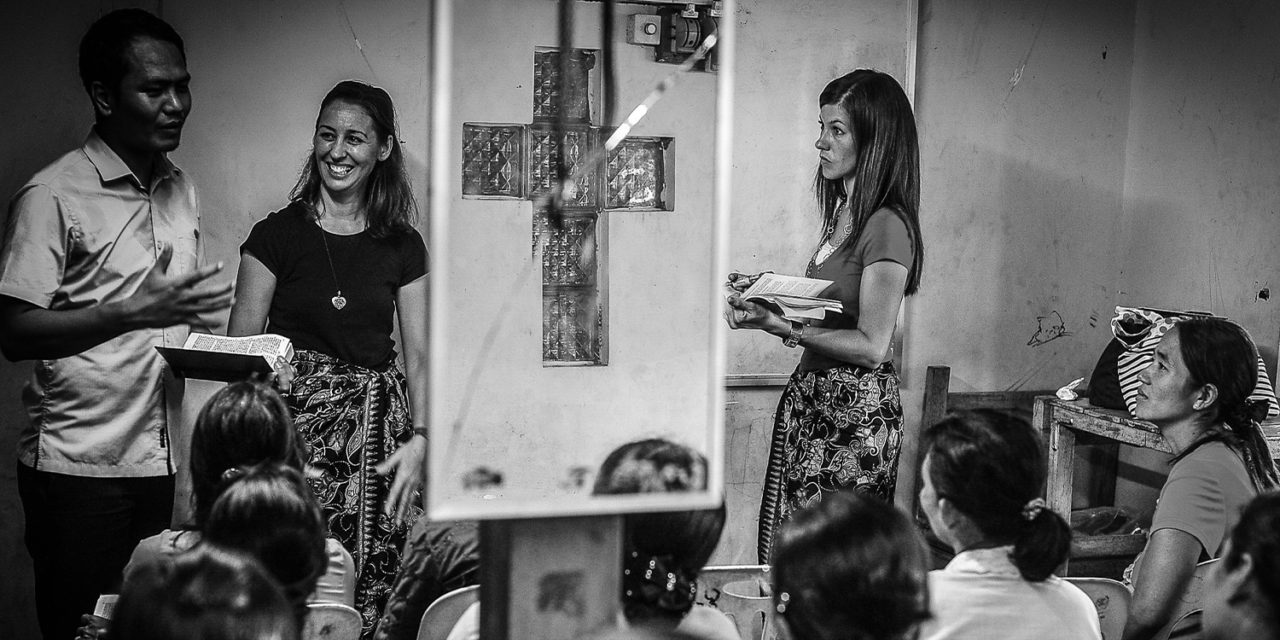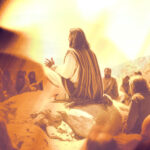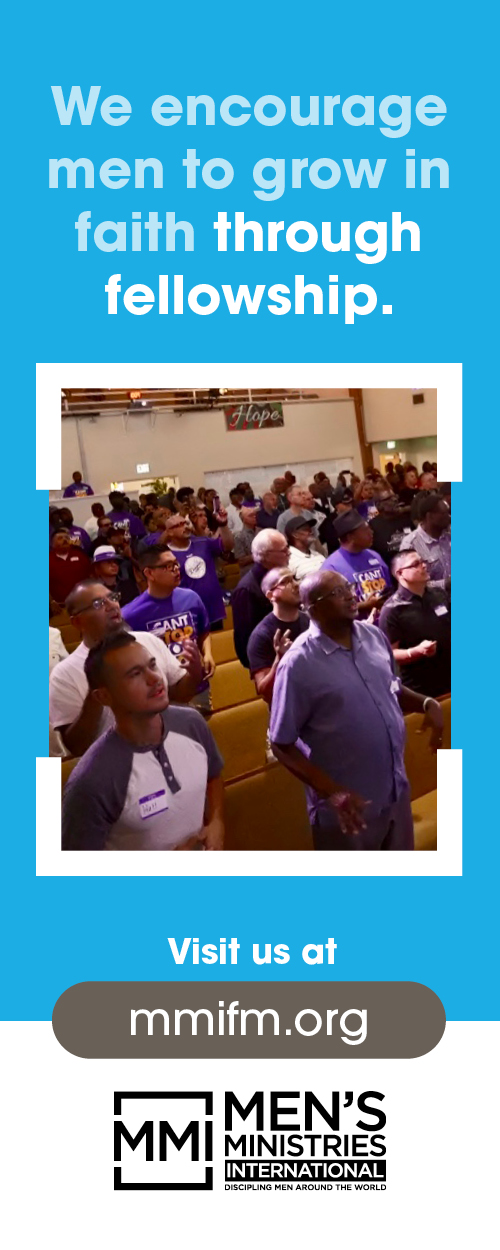
Susan Agel
Susan Agel is the chair of the Free Methodist Church – USA Board of Administration and the president and chief executive officer of Positive Tomorrows. Her honors have included being named The Journal Record newspaper’s 2016 Woman of the Year and receiving the FBI Director’s 2011 Community Leadership Award.
by Susan Agel
Many years ago, as a high school student, I was often asked to explain what a Free Methodist was. I grew up in one of those families that went to church every time the doors were open. My father was the song leader, and my mom served as director of education, Sunday school teacher, nursery worker, and everything else. So it was only natural that my friends and classmates were curious about this major part of my life.
My response back in those days was to explain what we didn’t do. Free Methodists didn’t smoke or drink. We didn’t dance. We didn’t go to movies or play cards. You can imagine how enticing that made the church to my friends.
Now, many of us still don’t do those things. Or at least some of them. But since that time, my understanding of the church called Free Methodist has deepened considerably, and I am more in love with it than ever before.
In this time of division, suspicion and disorder, I am grateful that the bishops have taken on the challenge of expressing The Free Methodist Way. I don’t believe any of the values they discuss are new. Rather, they have been in practice all along. Now, as the noise from social media, television, politics, and other sectors of the world threaten our clarity of thought, it is wise for us to focus on who we are.
I grew up on a small family farm in central Kansas. It was a Norman Rockwell sort of life, living just outside a small town where my parents socialized with my teachers, the grain elevator was the hub of local business, and we played softball on Saturday nights behind the grade school. There were some poor kids in town and one Hispanic family, but I had the luxury of being completely unaware of the difficulties they faced every day.
Today, I am the CEO of a private school and social service nonprofit that serves children and families living in homelessness. Our school serves children birth through sixth grade, a mixture of White, Black, Latinx and mixed ethnicities. We see traumatized children every day and regularly report possible abuse or neglect to local authorities. We provide hungry people with food and help families move out of tents and shelters and into housing.
Our families are dealing with mental illness, drug addiction, unemployment and eviction. It’s our goal to stabilize families and help children catch up in school. Then once the family is stable in housing and paying their bills, we transition the children back to public school and assist the family to stand on its own.
So how did I get from my white-bread childhood to the inner city of Oklahoma City? It’s basically thanks to The Free Methodist Way. There are multiple experiences along my life’s path that led me to where I am now.
As a child, I won a free trip to CYC camp because I had worked my way through all the badges and requirements of the three levels of the program, resulting in my receiving the B.T. Roberts Award. But my parents used the money they had set aside for my camp to pay the way for another child who couldn’t afford to go. When I found out later what had happened, it provoked some thought in my young mind about sacrificing on behalf of another.
Later on, after I was married and out of the house, we visited my parents one weekend. I was treated to the astounding sight of my father wearing blue jeans and a cowboy hat to church, eschewing the dark suit I had always seen him in on Sunday morning. His reason? He was inviting friends to church, and he didn’t want them to be uncomfortable due to what they were wearing. I learned to think about which “rules” were important and which were not.
Later, my family and I moved to Oklahoma City where I began to work at Deaconess Hospital (a former Free Methodist hospital) and raised money for its free clinic and for Deaconess Pregnancy and Adoption Services. I began to learn about the health-care barriers faced by people in poverty and about the difficult choices faces by young unwed mothers.
Several years later, our pastors at Resurrection Free Methodist Church reached out to the children living in the Section 8 apartment complex next door. We built a sand volleyball court outside and played with the kids on Wednesday evenings, feeding hot dogs to hungry children and their parents. When the weather got cold, the program turned to that of a children’s choir, which sang for services and brought a new level of energy to our church. I learned to understand children with skin of a different color, who had never been in church before, who had never sat down at a family dinner table, and who talked about experiences I had never thought about children having. Our pastor said at the time that if the children gained nothing else, at least they knew they had been loved.
And then a young mother began attending church with her daughter. Her husband dropped them off and would pick them up after church. Her attendance and behavior were erratic, and she eventually confessed to the pastor that she was an alcoholic. Nadine became a Christian but couldn’t seem to overcome her addiction. She would pray in tears at the altar, and we would pray with her. She came to church drunk one morning, staggering in the back, slurring her words. Eventually her disease caught up with her, and she died of liver failure. Her funeral was held in our church, and we were certain that she was now healed in the arms of Jesus. I learned to love an alcoholic and learned that perfection was a goal and not a requirement.
In 2006, Howard Snyder’s book on B.T. and Ellen Roberts, “Populist Saints,” was published. I bought a copy and read the book. I still am brought to tears by a couple of paragraphs in the book describing April of 1860, when the Roberts family lived in Buffalo and Bishop Roberts was looking for a place to open a church. He found a theater that was for sale, but the couple lacked the funds to purchase it.
The book quotes Ellen as saying, “My husband felt we must get a place for worship in the heart of the city, where the gospel could be preached to the poor. He could see no way of doing it except he gave our home towards it. It was all we had. I looked the matter over. We had three children. I thought of the way the Disciples were led, at that marvelous outpouring of the Spirit, when they ‘sold their possessions and goods and parted them to all men as every man had need.’”
They sold their home. The two oldest children stayed with friends, while the couple and youngest son traveled from place to place in itinerant ministry. They did manage to buy another home the next year. But I learned what sacrifice looked like.
So, step by step, through the influence of the Holy Spirit, my godly parents and the Free Methodist Church, I learned to love the “other.” I learned that embracing holiness is not at all the same as following behavioral rules. I learned that God expects us to seek disciples and sometimes that means going into places where we do not feel comfortable. I have learned that I don’t know as much as I think I do — and that people from other cultures and from other life experiences have much to teach me. I have learned that justice is in short supply in this world, and we are all called to work to that end. And I know the Bible still has much to teach me.
Now if a friend asks me what a Free Methodist is, I can clearly describe our church. Free Methodists believe in not following along with the world’s beliefs and desires, but rather to be liberated by the Holy Spirit to become more and more like Jesus. Free Methodists value all people as made in God’s image and work to combat injustice and marginalization wherever and whenever we see it. Free Methodists don’t just sit in churches on Sunday morning but go into the community, seeking those who don’t know God in order to make disciples. Free Methodists belong to a global church where all cultures and ethnicities have an equal role in its work. And Free Methodists believe the Bible, holding its truths above religious fads of the current day, while communicating those truths with sensitivity to the culture and always with love.+

Susan Agel
Susan Agel is the chair of the Free Methodist Church – USA Board of Administration and the president and chief executive officer of Positive Tomorrows. Her honors have included being named The Journal Record newspaper’s 2016 Woman of the Year and receiving the FBI Director’s 2011 Community Leadership Award.









